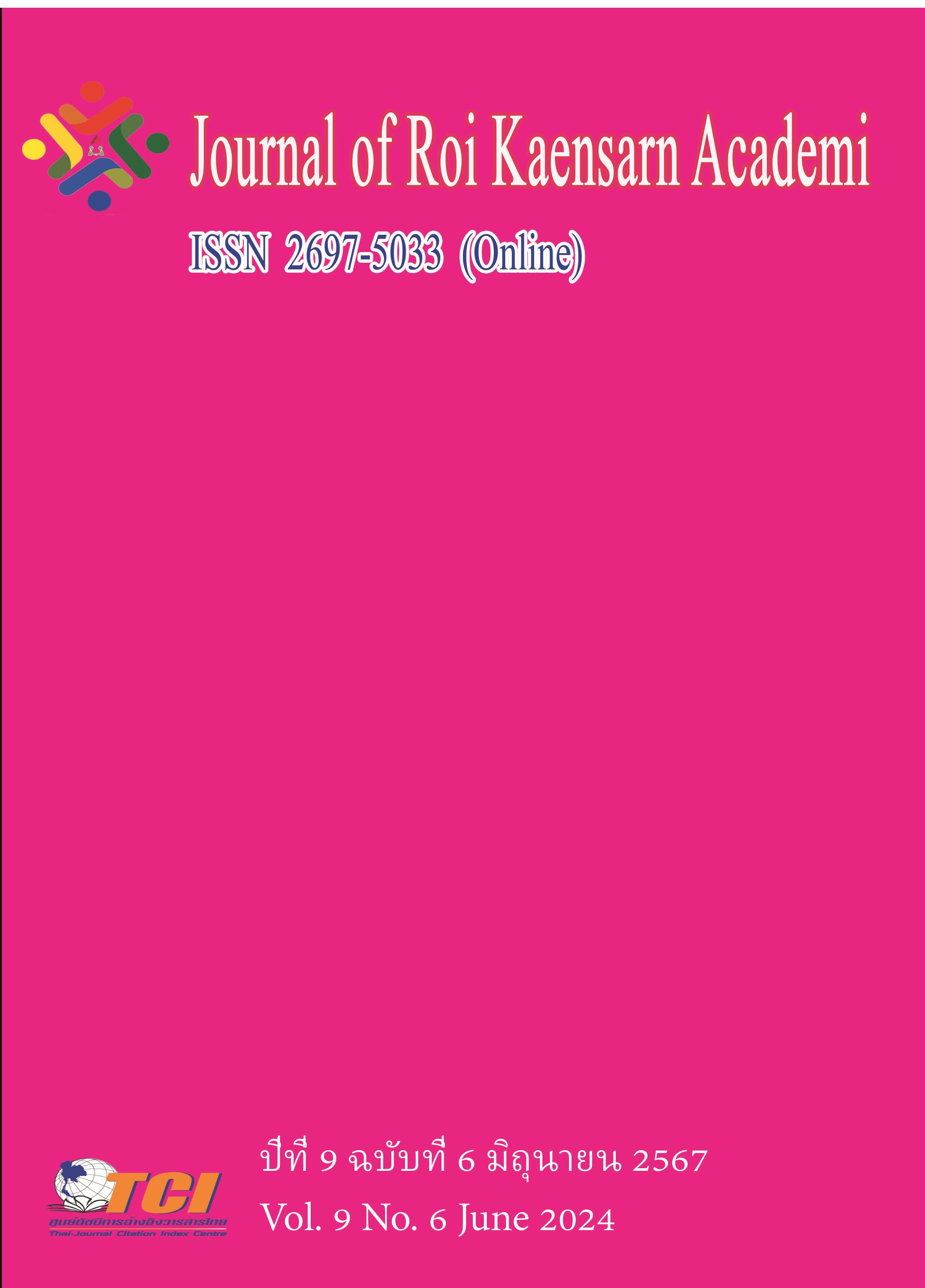The Rethinking Kho Yao Noi Community-Based Tourism from Crisis to Sustainability
Main Article Content
บทคัดย่อ
Community-based tourism in Koh Yao Noi has been hit hard by the COVID-19 pandemic, as CBT plays a major role in supporting the local economy, creating community development, job creation, and environmental protection. This research aims to identify the economic and non-economic implications of the COVID-19 pandemic on residents of Koh Yao Noi and develop a model for adaptation to community-based tourism (CBT) for Koh Yao Noi. Qualitative methods, including semi-structured interviews, participant observation, and focus groups have been adopted. The data obtained was analysed using thematic analysis to categorize the emergent key themes and sub themes. The findings of the research show that lack of income, migration and changes in local people’s way of life are the impacts that the local people are facing during the COVID-19 pandemic. In addition, the adaptation strategy that this research recommended are rethinking the community-based tourism (CBT) plan to be more sustainable and inclusive. The rethinking plan includes community waste bank project and life skill development for local people, encourage local tourism enterprise, focus on domestic tourists, and an alternative form of international tourists like ‘nomadic workers’.
Article Details
เอกสารอ้างอิง
Abel Duarte Alonso, Seng Kiat Kok, Alessandro Bressan (2020). COVID-19, aftermath, impacts, and hospitality firms: An international perspective. International Journal of Hospitality Management. 91, 324-333.
Boonratana, R. (2010). Community -based tourism in Thailand: the need and justification for an operational definition. Kasetsart Journal of Social Science. 31 (2), 280-289. Retrieved from http://kasetsartjournal.ku.ac.th/kuj_files/2010/ A1009101 4470835 17.pdf
Braun, V., & Clarke, V. (2006). Using thematic analysis in psychology. Qualitative research in psychology. 3 (2), 77-101.
Goodwin, H., & Santilli, R. (2009). Community-based tourism: A success. ICRT Occasional paper. 11 (1), 37.
N.A. Brown, J.E. Rovins, S. Feldmann-Jensen, C. Orchiston, D. Johnston (2017). Exploring disaster resilience within the hotel sector: a systematic review of the literature. International Journal of Disaster Risk Reduction. 22, 362-370
Novelli, M., & Genhardt, K. (2007). Community based tourism in Namibia: 'reality show' or 'window dressing'?. Current issue in Tourism. 10 (5), 443-479. doi: 10.2167/cit332.0.
Open Development Thailand. (2020). COVID-19 Impact on Thai Labor Market. Retrieved from https://thailand.opendevelopmentmekong.net/topics/covid-19-impact-on-thai-labor-market/.
Renaud Lapeyre. (2010). Community-based tourism as a sustainable solution to maximise impacts locally? The Tsiseb Conservancy case, Namibia. Development Southern Africa. 27 (5), 757-772. doi:10.1080/ 0376835X.2010.522837.
Scott, A. J. (2006). Geography and economy: three lectures. OUP: Oxford.
Smith, M., & Duffy, R. (2003). The ethics of tourism development. London:
Steward, J.H. (1972). Theory of Culture Change: The Methodology of Multilinear Evolution. University of Illinois Press: Urbana.
Telfer, D., & Sharpley, R. (2008). Tourism and development in developing word. London: Routledge.
UNWTO. (2017). World Tourism Organization 2017. Online. Retrieved January 6 2024. from https://www.eunwto.org/ %20doi/ pdf/10.18111/9789284419029
Witchayakawn, P. (2016). Community Participation in Management of Tourist Attractions in Koh Yao Yai, Phang Nga Province, Thailand. International Journal of Business. 6 (6), 7-14.
Zhao, H. (2018). A Review on the Adaptability of Tourism and Social-Ecosystem. Journal of Service Science and Management. 11 (6), 565-577. doi: 10.4236/jssm.2018.116038.

